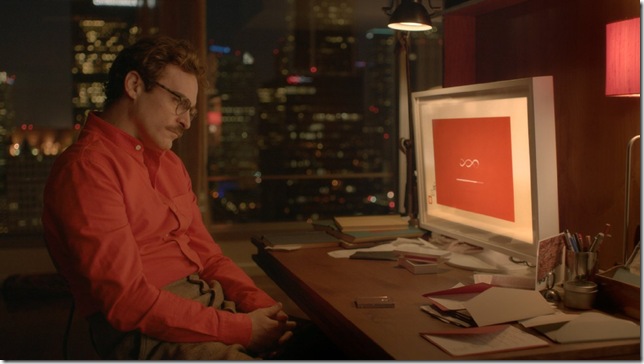By Myles Ludwig
This is a query, not a criticism. I’m wondering why we find ourselves living in the Republic of Technology, as Daniel Boorstin called it, a sovereign state with its own rules, a state in which privacy has become a philosophical issue, rather than practical one, a privilege to opt out of rather than a right to opt in.
A state in which my U-verse is my universe.
This is not a knock on Twitter, which has played such an important role in allowing citizens of autocratic regimes to communicate with each other, a version of the old flash mob, but for a good cause — unless the regime is watching as well, as we already know they are. How to know if this or that tweet is genuine or compsyop?
This query was stimulated by the Today show’s Jenna Wolfe tweeting an image of the show’s hosts’ various and multiplicity of mobile communication devices in a kind of dog pile that might make Marcel Duchamp proud. This phenomenon is certainly not limited to America.
Fifteen years ago, when I was working in Kuala Lumpur, I remember a similar situation when I sat down with my staff for lunch of nasi goreng and everyone put their cellphones in the middle of the table for a mobilecom centerpiece.
Interestingly, cellphones are called “mobiles” in much of the world outside of the U.S. In Germany, they’re known as “handys.”
How have we become so enamored of our tools, these McLuhanesque extensions of our human abilities or “improvements” thereon, that we seem to have fallen in some kind of love with them, much the way the character Joaquin Phoenix plays in the new movie Her falls in love with the seductively disembodied voice of Scarlett Johansson, the voice of an operating system, a voice reminiscent of Hal 9000, the villain-cum-gentleman computer that operates the environment of the space vehicle in Stanley Kubrick’s 2001.
Are gadgets-R-us?
Do we secretly harbor a perverse desire, say, to cuddle up with our microwaves? Is there a website for comporn?
As I write this, CNN is showing an interview with a Comcast executive about the development of a Twitter button that enables your cellphone to talk to your TV, in order to solve the problem of too much friction from conversation to consumption, the executive explains. This certainly replaces yelling at the TV from the comfort of a La-Z-Boy with beer in hand.
Fareed Zakaria worries machines are replacing cognition. Too late. I know that computer scientists are developing, or have already developed, a self-adjusting machine. A machine that learns from its mistakes. Stock trades are already computerized, machines making buying and selling decisions faster than humans can. Is this really artificial intelligence or do we need a new way to describe this: An intelligence app?
This worries me. Not that I keeps me up at night, but it seems to me that we are anxiously awaiting the next best thing with bated breath before we’re done with the last first next big thing. It may be the Republic of Disposable Technology. Somewhere there’s a graveyard of outmoded devices or a forming tsunami of fuggadaboutits.
We wonder if the new model will have useful or useless new features or fins, whitewalls or rims. Is the new availability of custom-color cellphones (not something from the Crayola factory or a Pantone color combination, but an algorithmically appropriate selection) a marketing ploy? Or the recognition of the desperate attempt to belong while still being an individual?
This is complicated.
I think there’s a lot to like about Kubrick’s 2001. It captured both our wonder of, and our surprising willingness to surrender our human powers to, technology. I don’t think it’s a coincidence that one of the earliest frames of the movie defines man (or woman) as toolmaker, but ends in a mysterious monolith, a big block of nothing. Ever since the first primate cracked a nut on a rock, we’ve been chasing the dream that would eliminate the friction in our lives.
But where’s the meta-red line?
Are cooking and do-it-yourself TV shows popular because we have lost the joy in doing something ourselves?
I’m reminded of Edward Hall’s admonishing us not to confuse process with product, or as my Uncle Herb taught me: “Never fall in love with the deal.”
Or a voice from a machine.
Myles Ludwig is a media savant living in Lake Worth.
